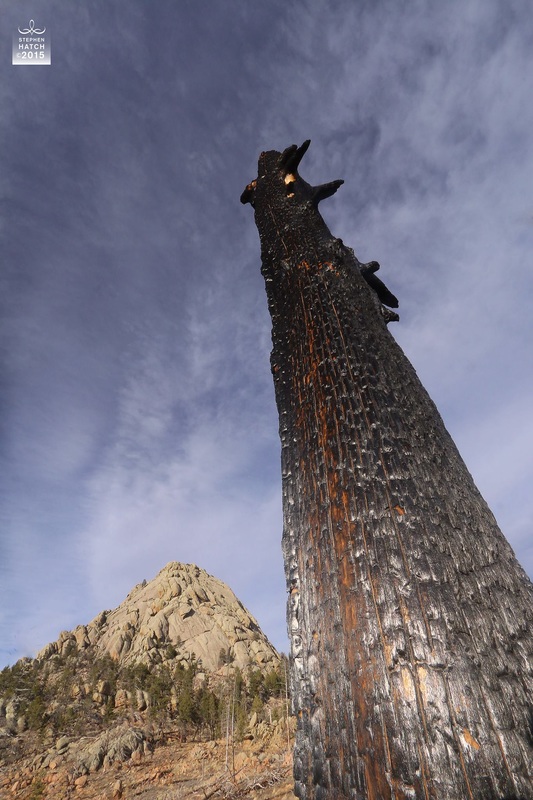|
One of the least recognized spiritual principles in the world today is the fact that absolutely EVERY religion and spirituality, no matter how true, has its shadow side. And this includes, of course, our own tradition. We all choose a particular spiritual path because we believe it possesses the least falsehoods and the greatest number of advantages, but the truth is that it is actually quite incomplete, just like every other philosophy and world view. For example, something deep inside my being has chosen the path of mysticism for the past 35 years. A deepening awareness of the unity of all things is of course a major feature of this path, one that I appreciate very much. However, because so much time and attention is put into contemplation, silence and pondering, this path sometimes falls short with regard to activism. Similarly, the Protestant Radical Reformation / Contemplative Spiritual / Invisible Church / Priesthood of All Believers / Wilderness Mysticism tradition that I follow - and have had a part in creating - is wonderful for the way in which it values the spontaneous leading of the Holy Spirit and the sacredness of the individual. However, it often can be a lonely path, and it entails a life-long struggle to make one's work better known in the quest for making a decent living. This contrasts with institutional religion, which often has a tendency to become rigid, stultifying and fossilized, but which provides greater opportunities for making a living. I try to impress this principle of the simultaneity of positive-and-negative-traits on my students, but it is an especially difficult point to get across in an academic milieu where many of the students view Christianity as the source of all the world's problems, and Eastern Religions as a panacea of truth and enlightenment. In my teaching, I try to show how Christianity - including Christian Mysticism - possesses both positive and negative elements, but I'm unclear whether or not Buddhist or Hindu or Taoist spirituality is taught in this manner as well. The tendency in our society - among more liberal-minded people, anyway, is to compare the WORST of Western Religions with the BEST of Eastern Religions. How fair is that? In addition, I try to emphasize the fact that just as we readily criticize the religious systems that arose out of previous eras - especially in the West - future generations will criticize US just as readily. They will look, for example, at our religious traditions' failure - both East and West - to adequately address the unethical practice of animal testing, the fact that our clothes are made in overseas sweatshops, our pollution of air and water, a corporate-industrial culture that effectively discourages the survival of independent business, and our hectic lifestyle - and they will wonder what the hell we were thinking! The fact that our own spiritual tradition has its flaws is not, I'm convinced, a fact to be bemoaned. For it means that we will always and forever need the insights and perspectives that OTHER traditions provide, and vice versa. The shortcomings of our own path are precisely the "glue" that cements us together with all of the other spiritual traditions and philosophies. Besides, wouldn't it be BORING if we actually "had it all together"? It is so wonderful to open up and learn from others, and to revel in the wonderful magnetic energy that forever circulates between us and various other spiritual traditions. That is, after all, what Life is all about! Photo: Burned Ponderosa Pine and Greyrock, Poudre Canyon, CO, February 27, 2016 For Spiritual Direction or Workshops, please visit: http://www.resourcesforspiritualgrowth.com/
0 Comments
Leave a Reply. |
AuthorStephen Hatch, M.A. is a spiritual teacher and photographer from Fort Collins, Colorado. His approach is contemplative, inter-spiritual, and Earth-based. Archives
June 2016
Categories |

 RSS Feed
RSS Feed
